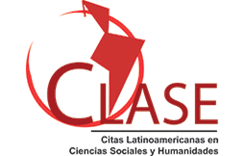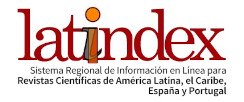Crime: a study about the determinants of crimes against shareholders from urban externalities
Keywords:
Crime, Externalities, Quantitative methods appliedAbstract
Population growth causes disorganized urban sprawl to the suburbs of large cities. This in turn creates problems related to politics, culture, economy, among other areas, and in particular issues related to urban crime. In this context, taking for granted the fact that the study and understanding of the determinants of property crimes, at least, nuclear, could be the subject of study in a municipal context, this study aimed at analyzing how the external characteristics (variables spatial and demographic or simply externalities) of neighborhoods in the city of Uberlândia-MG, could form themselves into possible determinants of thefts and robberies conducted in that city in 2010. From a sample consisting of 7,463 incidents recorded by the Command of the Military Police of Minas Gerais that city, and also by applying the linear regression analysis by the stepwise method, it was found that, among the eight kinds of urban externalities analyzed in this study, only three were identified as explanatory variables in 88.16% of cases concerning crimes studied in this investigation. Among other findings, to consider adjusting the tests used in this study, it was observed that the evidence obtained from this research could reach up to 86.28% of the 10,133 incidents relating to thefts and robberies conducted in the districts of Uberlândia-MG, along that year.Downloads
How to Cite
Carmo, C. R. S. (2014). Crime: a study about the determinants of crimes against shareholders from urban externalities. Revista Brasileira De Gestão E Desenvolvimento Regional, 10(1). Retrieved from https://www.rbgdr.net/revista/index.php/rbgdr/article/view/1213
Issue
Section
Artigos
License
Authors who have their papers accepted and published in the Brazilian Journal of Regional Management and Development must agree to the copyright policy CC BY https://creativecommons.org/licenses/by/4.0/.
If the article is accepted for publication, the copyright is automatically assigned to the Brazilian Journal of Regional Management and Development.
















